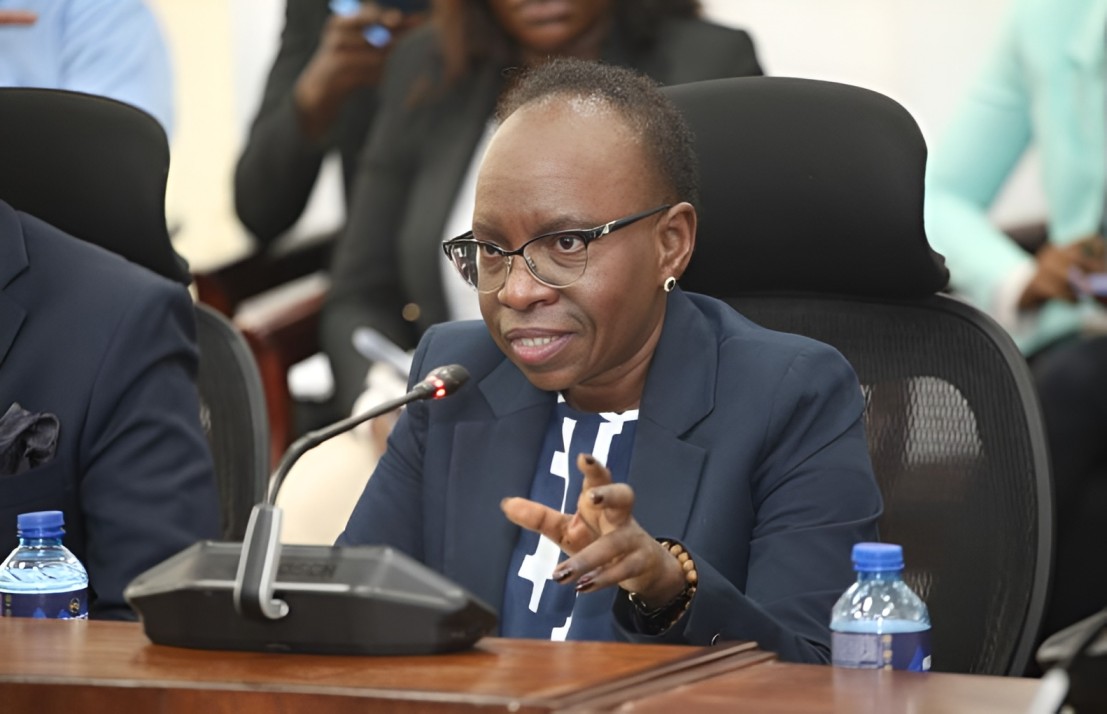Auditor flags State firms over Sh2.95bn defaulted loans

In her audit report for the 2023/2024 financial year, Gathungu highlighted seven SOEs as the most affected, noting that they had defaulted on their loans between two and eight times since 2011 without making the required first repayment.
Auditor General Nancy Gathungu has revealed that 35 State Owned Enterprises (SOEs) have continued to receive loans despite failing to meet repayment obligations, leading to outstanding debts of Sh2.95 billion.
In her audit report for the 2023/2024 financial year, Gathungu highlighted seven SOEs as the most affected, noting that they had defaulted on their loans between two and eight times since 2011 without making the required first repayment.
Athi Water Works Development Agency topped the list after defaulting on a loan of Sh35.4 billion. Others include Central Rift Valley Water Works Development Agency, Coast Water Works Development Authority and Lake Victoria North Water Works Development Agency, which defaulted on loans worth Sh2.79 billion, Sh2.5 billion and Sh4.4 billion respectively, all three times.
National Water Harvesting and Storage Authority and Water Works Development Agency also defaulted on loans worth Sh1.89 billion and Sh4.1 billion, each three times, while Tana Water Works Development Agency failed to service a Sh1.7 billion loan.
According to the Auditor General, the 35 SOEs in agriculture, energy, finance, health, transport and water sectors had taken loans amounting to Sh874.9 billion, representing 17 per cent of the total external debt of Sh5.12 trillion as at June 30, 2024.
The report stated: “State Owned Enterprises have over the years defaulted on repayment of on-lent loans, resulting in accumulation of unpaid principal, interest, and penalties. This has not only deteriorated the financial health of these entities, but also shifted the repayment burden to the National Government, and ultimately increased fiscal pressure on public debt servicing.”
It further warned: “The defaults in repayment of on-lent loans has constrained the National Government’s budget, resulting in the government sourcing additional financing through borrowing and budget cuts across government entities. A performance audit on on-lent loans was therefore necessary in order to assess the management and recovery of the loans.”
The Auditor General raised concerns that several SOEs were not involving the National Treasury, through the Department of Government Investments and Public Enterprises (D-GIPE), in loan negotiations and pre-negotiation processes.
A review by D-GIPE showed there was no credit risk assessment conducted to measure the repayment ability of SOEs before loan agreements were made. “D-GIPE was therefore not playing a role in determining the SOEs eligible for on-lent loans,” the report stated.
The report also revealed that subsidiary loan agreements were drafted after negotiations, meaning some loan deals were signed without adequate assessment of repayment capacity.
For example, D-GIPE was not invited to nominate representatives in the negotiation of the Water and Sanitation Development Project dated March 14.
“As a result, loans were advanced to SOEs with weak financial standing and history of default leading to increased risks of non-repayment and accumulation of on-lent loan arrears,” the Auditor General said.
